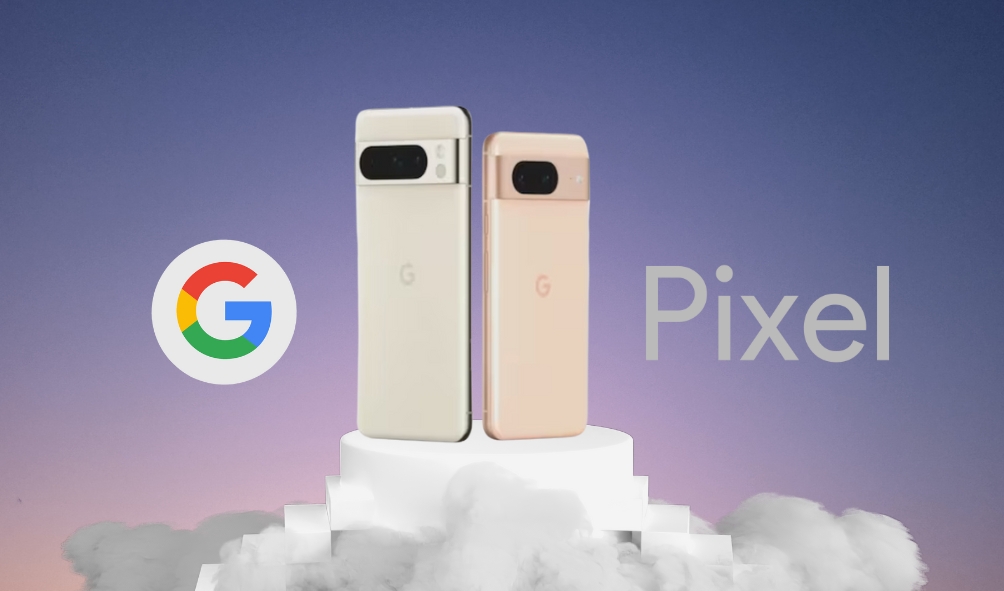Introduction
Google Pixel phones are leaders in using artificial intelligence to improve the smartphone experience. Google pushes the boundaries of what is possible with each new Pixel model, seamlessly integrating AI into every part of the device. Pixel redefines AI-powered functionality in fields including photography, speech recognition, and battery management. This article delves into the increased AI features that make Pixel phones leaders in the ever-changing smartphone landscape.
Photography Redefined
Google Pixel phones have long been known for their excellent photography quality, with AI playing an important part. The Pixel’s camera software is powered by cutting-edge AI algorithms, which enable capabilities such as HDR+, Night Sight, and Super Res Zoom. Working together, these features generate stunning photographs in all lighting circumstances, solidifying Pixel’s position as a top choice for photography enthusiasts.
HDR+:
Google’s HDR+ technology uses AI to improve photographs by automatically adjusting exposure, color, and sharpness. This enables the camera to take vivid, detailed photographs even in harsh lighting circumstances.
Night Sight:
Night Sight allows Pixel phones to shoot bright, well-lit images in low light without using a flash. The function employs AI to evaluate the environment and adjust exposure, resulting in spectacular evening images.
Super Res Zoom:
Super Resolution Zoom uses AI to increase digital zoom, resulting in clear, detailed photos when zoomed in. This function is particularly useful for capturing distant scenes without losing image quality.
Google Assistant: Your Personal AI Assistant
Google Assistant is built into Pixel smartphones, allowing consumers to connect naturally. Powered by AI, the virtual assistant is always learning and adapting to better understand and support users. Google Assistant intends to ease everyday activities by generating reminders, controlling smart home devices, and offering real-time translation.
Real-time Translation:
Google Assistant’s real-time translation capability overcomes communication barriers between users who speak various languages by interpreting conversations as they happen, allowing for intercultural interactions when traveling or in varied environments.
Smart Home Control:
Google Assistant allows customers to operate their connected smart home devices with voice commands, resulting in a more convenient and seamless home experience.
Personalized Recommendations:
Google Assistant uses artificial intelligence to analyze user habits and preferences before making tailored recommendations for news headlines, podcasts, dining options, and other personalized content.
Adaptive Battery and Adaptive Brightness
Google Pixel phones utilize artificial intelligence to improve battery life and display brightness, depending on user behaviour and preferences. For example, Adaptive Battery uses AI to understand app usage trends. It gives more power to commonly used apps while limiting battery life for seldom-used ones, thereby extending total battery life. Similarly, adaptive brightness uses AI to learn user brightness preferences under various lighting circumstances. It then automatically changes the display brightness to ensure maximum visibility and battery efficiency.
Call Screening and Robocall Blocking
To avoid unsolicited calls, Google Pixel phones include Call Screening, an AI-powered function that checks incoming calls. When enabled, Assistant responds on the user’s behalf, queries the caller’s identity and reason for calling, and gives the user the option to accept, reject, or report the call as spam.
Safety and Security Features
Google Pixel phones include a number of AI-powered security and safety features, including a Titan M security chip for increased device protection, automated security upgrades to protect against threats, and real-time malware scanning. Beyond security, Pixel phones employ AI to enhance device performance and user experience over time, ensuring continual access to new features and upgrades.
Final Thoughts
Google Pixel phones have taken the lead in incorporating AI into smartphones. Each iteration uses AI to improve photos, voice recognition, battery life, security, and overall user experience, pushing the envelope of what is possible. As AI improves, Google Pixels are expected to continue at the vanguard, offering novel features that significantly improve our lives.



